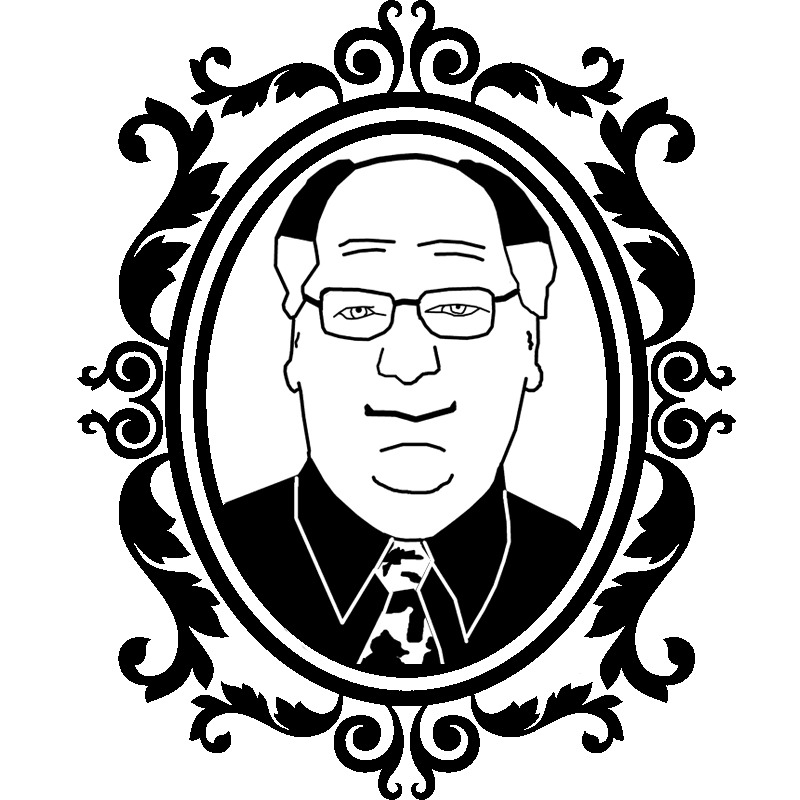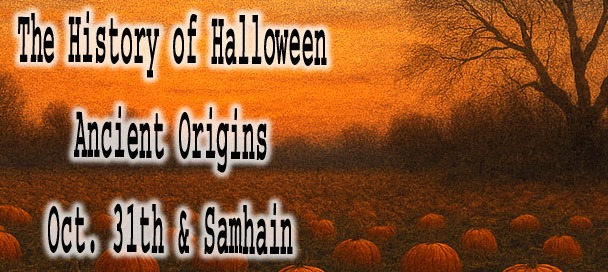The Versatile Music of Marvin Rainwater

Marvin Rainwater Performer
Respected country songwriter and performer Marvin Rainwater, known for his unique style and energetic performances, was born on July 2, 1925, as Marvin Karleton Percy. He later adopted the stage name Marvin Rainwater as a tribute to his mother, whose maiden name was Rainwater. Proud of his Cherokee heritage, he frequently embraced his roots by wearing colorful Native American-inspired attire on stage, a signature look that set him apart from many of his contemporaries.
Marvin Rainwater was a country singer who found success in the 1950s with songs that blended traditional country and early rockabilly. His heartfelt ballads and lively stage presence made him a recognizable figure during the height of his career, and his music left a mark that continued to influence performers long after his chart days ended.
Although he often highlighted his Native background, Marvin Rainwater, Country Singer, was far from being limited to a single musical style. His diverse catalog ranged from traditional country and honky-tonk to rockabilly, Western ballads, and even pop-influenced tunes. This ability to effortlessly blend genres made him one of the most versatile performers of his era. Few artists could claim to be as fresh, unpredictable, and creatively daring as Marvin Rainwater, Country Star.
His remarkable talent led to an impressive output of songs, many of which were crafted and recorded at an astonishing pace without sacrificing quality. Whether delivering heartfelt ballads or foot-stomping rockabilly numbers, Marvin Rainwater, Singer, left behind a musical legacy that continues to captivate fans of classic country and early rock ‘n’ roll.
Influences
From his early childhood, Marvin Rainwater had a natural love for the mystic sounds of Cherokee music, a heritage that deeply influenced his musical style. While he became known as a country singer and songwriter, his musical expertise extended far beyond just performing. Rainwater, was also a talented lyricist and musician, a skill set rooted in his strong classical training as a pianist.
His early aspirations of becoming a professional pianist were tragically cut short when he lost part of his thumb in an accident. However, this setback did not diminish his passion for music. Determined to continue, he shifted his focus to the guitar, an instrument that would define his career. Rainwater, developed a deep connection with his guitar, treating it as both a companion and a creative tool for composing and performing soulful country music. His ability to craft heartfelt lyrics and pair them with captivating melodies helped establish him as a unique and enduring voice in the world of country and rockabilly.
Music Career
Marvin Rainwater first began gaining recognition for his talent and creativity while performing on the Washington honky-tonk circuit. His classical training and versatile approach to music quickly set him apart, earning him instant popularity among country and rockabilly fans. His sound was fresh, dynamic, and unconventional, making him stand out in an industry often bound by tradition.
One of Rainwater’s most significant contributions to country music was his early recognition of Roy Clark’s talent. He was the one who gave Roy Clark a major break by bringing him into his band as the lead guitarist, a move that would help shape Clark’s legendary career.
His performances were not just about the music—they were visually striking events. Always proud of his Cherokee heritage, Rainwater made his stage presence memorable by wearing a traditional Indian headband and custom buckskin jackets, creating an image that fans would never forget. His distinctive style and fearless creativity helped him carve out a lasting place in country and rockabilly history.
Explore the Biographies of Icons in Music
The Demo
To get the attention of record labels and fellow artists, Marvin Rainwater recorded a handful of demo songs at Ben Adleman’s small studio. These early recordings, however, lacked the polished sound that Rainwater, would later become known for. The limitations were clear—low-budget production, minimal studio equipment, and a lack of professional resources all contributed to a rougher sound than his later hits.
Despite these shortcomings, the demos served their purpose, helping Rainwater, showcase his talent and open doors in the music industry. However, after Rainwater gained national fame, Adleman saw an opportunity to capitalize on his success. The original demo recordings were later released through small-time labels like Crown, even though they didn’t reflect the high-quality work that Rainwater was famous for.
First Record
Marvin Rainwater’s first official record was released with the help of Bill McCall under the 4-Star Records label. Though Rainwater’s talent was undeniable, others in the industry also reaped the rewards of his success. Bill McCall, in particular, profited by selling portions of Rainwater’s master recordings to smaller labels like Carol Records.
One of Rainwater’s standout compositions, "I Gotta Go Get My Baby," found even greater success when it was picked up by Teresa Brewer. Her version transformed the song into a pop smash hit, further cementing Rainwater as a gifted songwriter whose work had appeal beyond the country music scene.
Success in Talent Scouts
Rainwater participated and won the television talent hunt show by Arthur Godfrey’s called, “Talent Scouts”. Marvin Rainwater soon became a household name in television with his appearances in Talent Scouts and Morning Show. He wrote and performed many songs only for television in this period including “Tea Bag Romeo”. This exposure resulted in Rainwater becoming a celebrity and everyone recognized him.
Ozark Jubilee Show
In 1955, the Ozark Jubilee Show became the first program to provide Marvin Rainwater with both financial stability and artistic freedom. This pioneering talent showcase featured national tours and served as a launch pad for many young artists seeking a breakthrough in the music industry.
For Rainwater, the show was a crucial stepping stone, giving him wider exposure and the opportunity to connect with a growing audience. Many future legends got their start on the Ozark Jubilee, but the most famous of them all was the legendary Brenda Lee, who went on to become one of the most celebrated voices in pop and country music history.
MGM Years
Marvin Rainwater signed with the prestigious MGM Records, a move that led to a string of hit records and cemented his place in country and rockabilly music. Known for his versatility, Rainwater effortlessly blended genres, showcasing his ability to adapt to various musical styles.
During this period, every record carried a unique mix of influences—from heartfelt country weepers and spoken-word recitations to playful novelty tunes and high-energy rockabilly hits. His songs consistently became bestsellers, proving his widespread appeal. Among his most notable hits were "Mr. Blue," "Gonna Find Me a Bluebird," and "Whole Lotta Woman," the latter being a standout that topped the UK charts. He also collaborated with Connie Francis, further demonstrating his ability to cross musical boundaries and reach diverse audiences.
Song Writer
Marvin Rainwater was not only a gifted performer but also an accomplished songwriter, crafting a diverse catalog of songs that blended country, rockabilly, and heartfelt storytelling. His ability to write memorable melodies and compelling lyrics made him a respected figure in the industry, with many of his compositions recorded by both himself and other artists. His biggest hit, "Gonna Find Me a Bluebird," was recorded by Petula Clark and later by Steve Young, while "Hot and Cold" was featured on Bob Dylan’s Theme Time Radio Hour, showcasing the lasting impact of his music.
Song List
I Gotta Go Get My Baby (Kay Adelman, Marvin Rainwater)
Hot and Cold 1956
Gonna Find Me a Bluebird 1956
So You Think You've Got Troubles 1956
My Brand of Blues 1957
Whole Lotta Woman 1957
I Miss You Already (And You're Not Even Gone) (Faron Young, Marvin Rainwater)
Gamblin' Man 1958
Lets Get The Hell Outta Dodge
New York
For a long time, Marvin Rainwater was a key performer on the Ozark Jubilee Show, but over time, he found that the commitment consumed too much of his energy and limited his ability to focus on his own music. Eventually, he made the difficult decision to leave Springfield and step away from the hugely popular television show to concentrate on his personal musical journey.
However, working in isolation proved to be a challenge. Without regular television exposure, Rainwater saw a gradual decline in his mainstream popularity. Despite this, his love for performing never faded, and he sought to stay connected with his fans through public appearances and live shows. Unfortunately, the demanding schedule took a toll on his health and voice, leaving him unable to record new material. This vocal strain and declining physical condition ultimately contributed to MGM ending their contract with him, marking a turning point in his career.
Warwick Records
After almost nine months of his leaving MGM, Warwick Records approached Rainwater for his return to music. He had rested by now and found his old desire for musical excellence. He produced a couple of singles, but unfortunately this time his efforts did not succeed.
Going Solo
In Chicago, Rainwater made his own studio and record label “Brave Record”. His friend Bill Guess worked on the projects with him. This time flying solo meant that Rainwater had to occasionally release his music. In 1964, United Artists approached him for work. Marvin Rainwater’s last major project was with Warner Brothers for one-off sessions.
Later Years
In the 1970s, Marvin Rainwater faced one of the biggest challenges of his life when he was diagnosed with throat cancer. It was a slow and difficult recovery, but his passion for music never faded. After regaining his health, he moved to Aitkin, Minnesota, where he continued to embrace his love for performing, even if only on occasion. Though he was no longer in the spotlight as he once had been, he still had a devoted fan base and made special appearances at rockabilly festivals in Europe, where his contributions to music were widely respected.
His influence on country and rockabilly music was formally recognized when he became the 73rd inductee into the Rockabilly Hall of Fame, an honor that highlighted his impact on the genre. Despite not always receiving the recognition he deserved in mainstream circles, his creativity and originality left a lasting imprint on country and rockabilly history.
On September 17, 2013, Marvin Rainwater passed away from heart failure in Minneapolis, leaving behind a legacy of bold, genre-blending music that was ahead of its time. His journey was far from easy—he worked tirelessly to push musical boundaries, often challenging industry norms. While he may not be counted among the most commercially successful artists, his work remains a testament to authenticity, creativity, and perseverance. Fans and collectors still cherish his recordings, and his influence lives on through those who appreciate the raw, heartfelt music that defined his career.
Further Reading & Resources
📖 Read: Gonna Find Me a Bluebird (Vintage Sheet Music)
🔍 Explore: Marvin Rainwater Complete Releases 1955-62
🔍 Explore: Classic country radio station in Sioux Falls, South Dakota

ML Lamp is the owner of Kilroy Was Here. After his 20 years of working in Las Vegas in the entertainment promotions field, Mr. Lamp retired in 2002 from his job to pursue his passion for collectibles. Now as a guest speaker and author he’s living the dream, and sharing his warmth with You.





